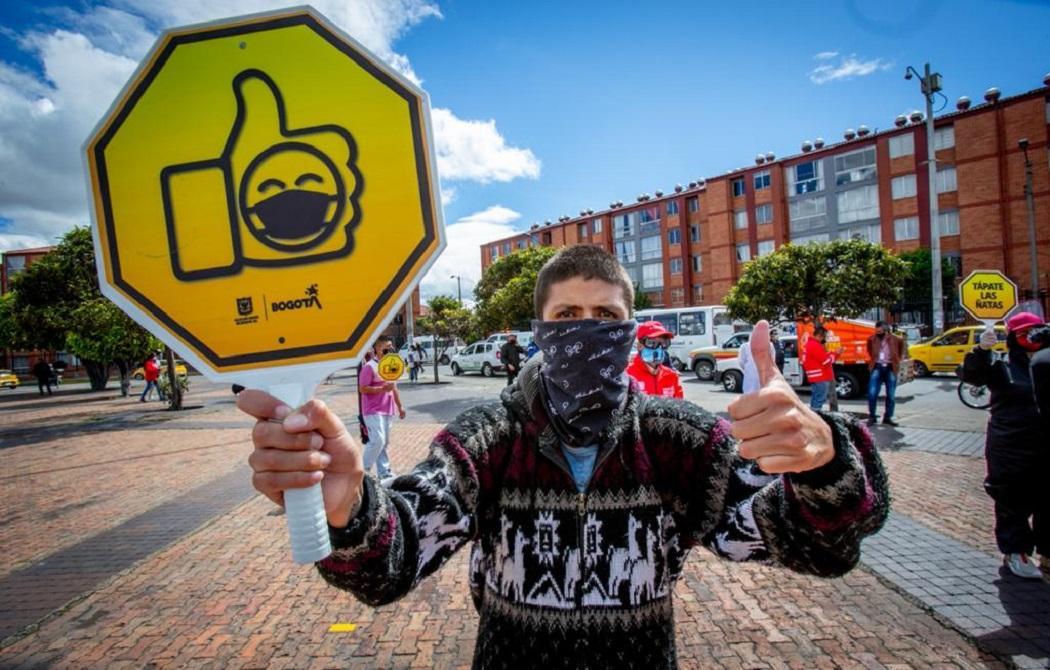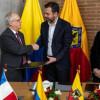The World Bank, through the Tokyo Center for Development Studies (TDLC), chose Bogotá to participate in a study of 10 cities worldwide, where they will evaluate their reactivation strategies in the face of the COVID-19 crisis.
This institution is currently doing an analysis of the treatment that cities have given for the stage of economic and social reactivation, and how they have adjusted their policies towards the construction of the so-called “new normality”. As part of this analysis, they intended to evaluate the strategy #BogotáACieloAbierto, carried out by the District Secretary for Economic Development, which grouped the city by sectors of vulnerability, promoted the productive apparatus, maintained a constant dialogue between public entities and private companies; and prioritized collective work for the benefit of the city.
As part of this follow-up, the TDLC chose the specialized firm Anteverti, which is carrying out a study dedicated to evaluating ten postcovid-19 strategies, without knowing the other nine that where selected.
The current Bogotá administration adjusted its District Development Plan: A New Social and Environmental Contract 2020-2024, to counteract, from all sectors, the impacts of the pandemic in the short, medium and long term. As a scope of the study, the consulting company will research in depth the measures adopted within the framework of the District Plan that seek to achieve a dynamic economic and social reactivation post-COVID.
For Carolina Durán, Secretary of Economic Development, the success of these strategies is the result of a collective work between public entities and private companies: “Now comes the most difficult thing, to maintain discipline so as to not return to quarantine and to position the city as epicenter of entrepreneurship and innovation ”, she assured.
“Bogotá is a city that has prepared to reactivate in a responsible and sustainable way in the midst of this pandemic. This articulated work that has been done from the district administration, and that has included many visions of the city, will allow the capital to see a return of investment, so necessary for economic and social development,” said Juan Gabriel Pérez, executive director of the agency for the promotion of investment Invest in Bogota.
The mixture of joint strategies for citizen culture, achieved behavioral changes in the citizens of Bogota, and is one of the main factors that have contributed to the reduction of contagion. The measures taken by the city, which citizens have assumed responsibly, have resulted in an ICU bed occupancy of 48.4%, and the most recent survey on the use of face-masks shows that 93% of the inhabitants of the city assume as their own the task of taking care of themselves and others.
The study of the Bogota case, which includes the study of its socioeconomic and urban rethinking for the post-pandemic, is currently in the information-gathering phase.
What is TDLC?
The Tokyo Center for Development Studies is a joint initiative between the World Bank and the government of Japan focused on creating links of knowledge, expertise and technology between middle-income countries and Japanese experts, whether from the public, private, academia or civil society. It also works to share relevant and innovative development solutions from Japan to developing countries.






